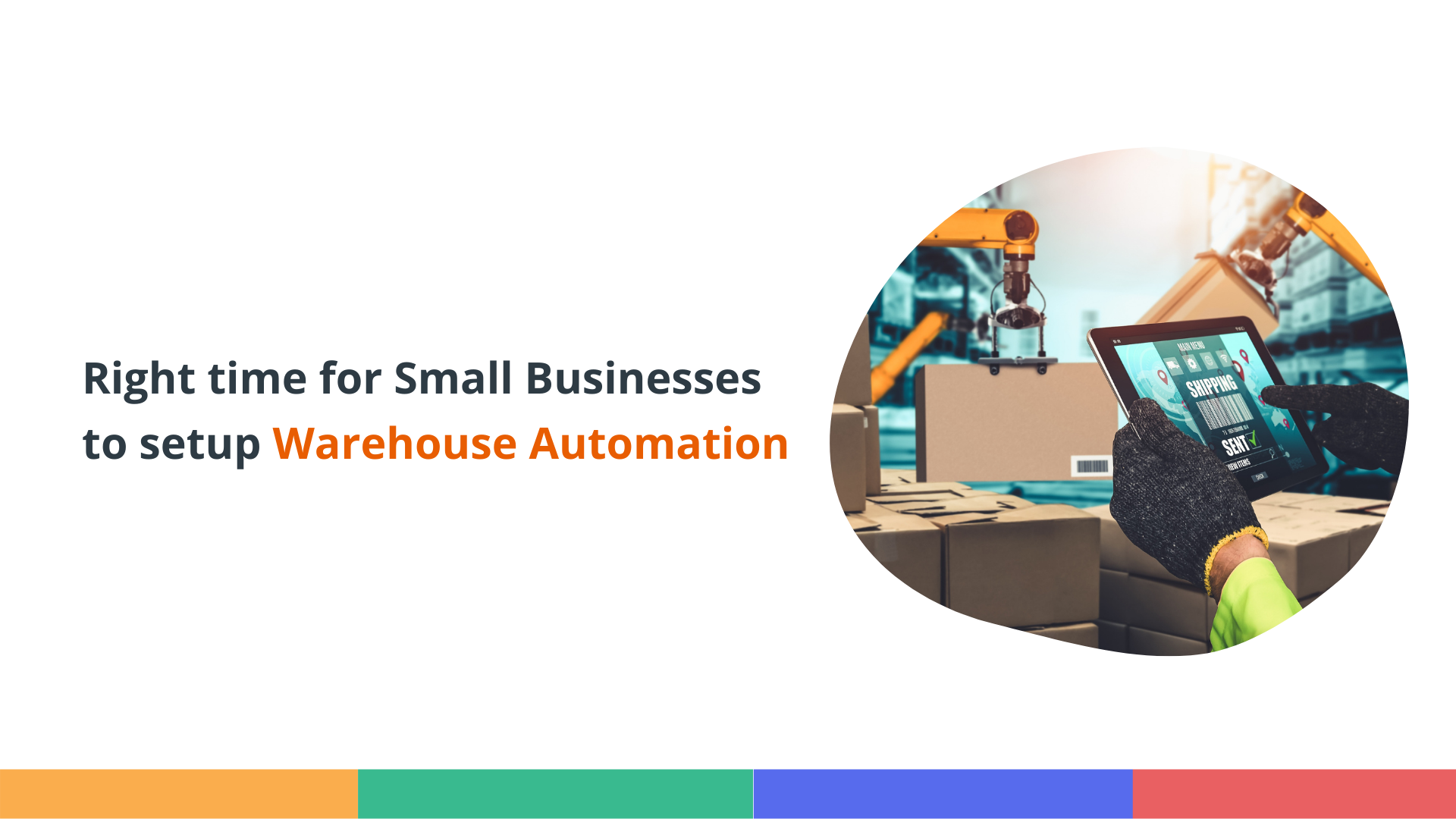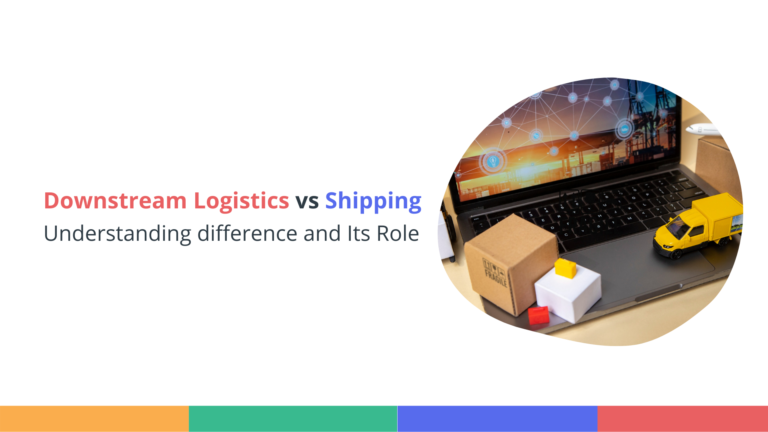In today’s competitive retail landscape, the efficiency of your warehouse operations can make or break your business. Small businesses and individual sellers often face challenges such as limited resources, rising labor costs, and the need to keep up with customer expectations for fast, accurate order fulfillment. Warehouse automation offers a solution, turning inefficient manual processes into streamlined, tech-driven operations.
Automation is not just for big companies with sprawling facilities and massive budgets. By leveraging scalable and affordable technologies, small businesses can significantly enhance productivity, reduce costs, and improve customer satisfaction—without breaking the bank.
What Is Warehouse Automation?
Warehouse automation involves the use of technology—such as robotics, conveyor systems, and software—to streamline operations like inventory management, order fulfillment, and shipping. Automation eliminates repetitive manual tasks, reduces human error, and increases the overall efficiency of your warehouse.
For example, instead of workers walking through aisles to pick products manually, automated storage and retrieval systems (AS/RS) or autonomous mobile robots (AMRs) can handle this task. Technologies like barcode scanners and inventory management software can also ensure that stock levels are always accurate and up to date.
Read also: Top Ecommerce Automation Tools for Small Businesses in 2025
Why Automation Is Essential for Small Businesses
Small businesses operate in a fast-paced market where speed, accuracy, and cost-effectiveness are crucial. Warehouse automation can help you:
- Increase Efficiency: Automated systems work faster and more accurately than manual processes. This means quicker order fulfillment, fewer errors, and more satisfied customers.
- Reduce Costs: By automating repetitive tasks, you can reduce your reliance on manual labor, cutting down on wages, benefits, and training expenses.
- Improve Inventory Accuracy: Automation technologies like barcode scanners and warehouse management systems minimize errors in stock tracking, helping you avoid issues like overstocking or stockouts.
- Scale Effortlessly: Whether you’re experiencing seasonal surges or rapid growth, automation allows you to handle higher volumes of orders without the need for additional labor.
Is Automation Affordable for Small Sellers and Businesses?
Absolutely! Warehouse automation is more accessible than ever, thanks to modular and scalable solutions tailored for businesses of all sizes. If you’re a small seller or an individual entrepreneur, you don’t need to invest in expensive robots or complex systems to reap the benefits of automation.
Start small with affordable tools like inventory management software or handheld barcode scanners. These can help you optimize your current processes, reduce errors, and save time. As your business grows, you can gradually implement more advanced technologies, such as automated sortation systems or voice-picking tools.
The key is to focus on automating the most time-consuming and error-prone tasks first, such as inventory tracking or order picking. By taking a phased approach, you can improve efficiency without straining your budget.
How to Get Started
- Assess Your Current Processes: Identify the bottlenecks and inefficiencies in your warehouse. What tasks are taking too much time or leading to frequent errors?
- Research Affordable Tools: Look for technologies that address your specific needs without requiring a significant upfront investment. Many tools are available on subscription or pay-as-you-go models.
- Start Small: Begin with simple automation solutions like barcode scanners or cloud-based inventory management software. These tools are low-cost and easy to integrate into your operations.
- Scale Gradually: As you see the benefits of automation, consider investing in more advanced technologies to handle growing demand or improve other aspects of your warehouse operations.
Final Thoughts
Warehouse automation isn’t just for large corporations—it’s a game-changer for small businesses and individual sellers too. By starting small and focusing on affordable, scalable solutions, you can boost efficiency, cut costs, and stay competitive in the fast-paced world of online retail.
If you’re ready to take the first step toward warehouse automation, explore solutions that fit your budget and business goals. With the right tools and strategy, even a small operation can achieve big results.




